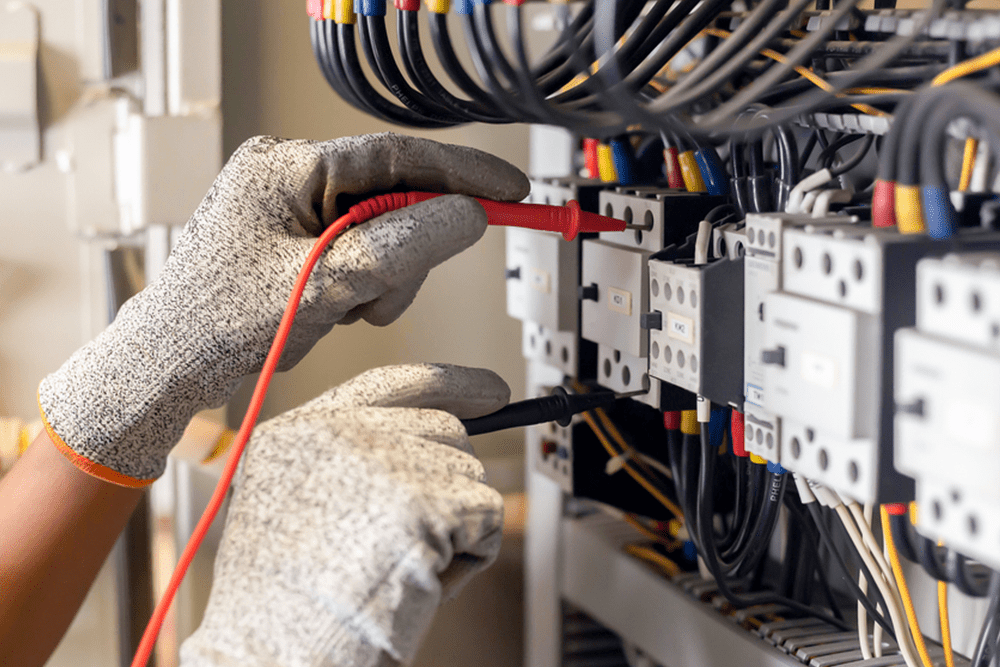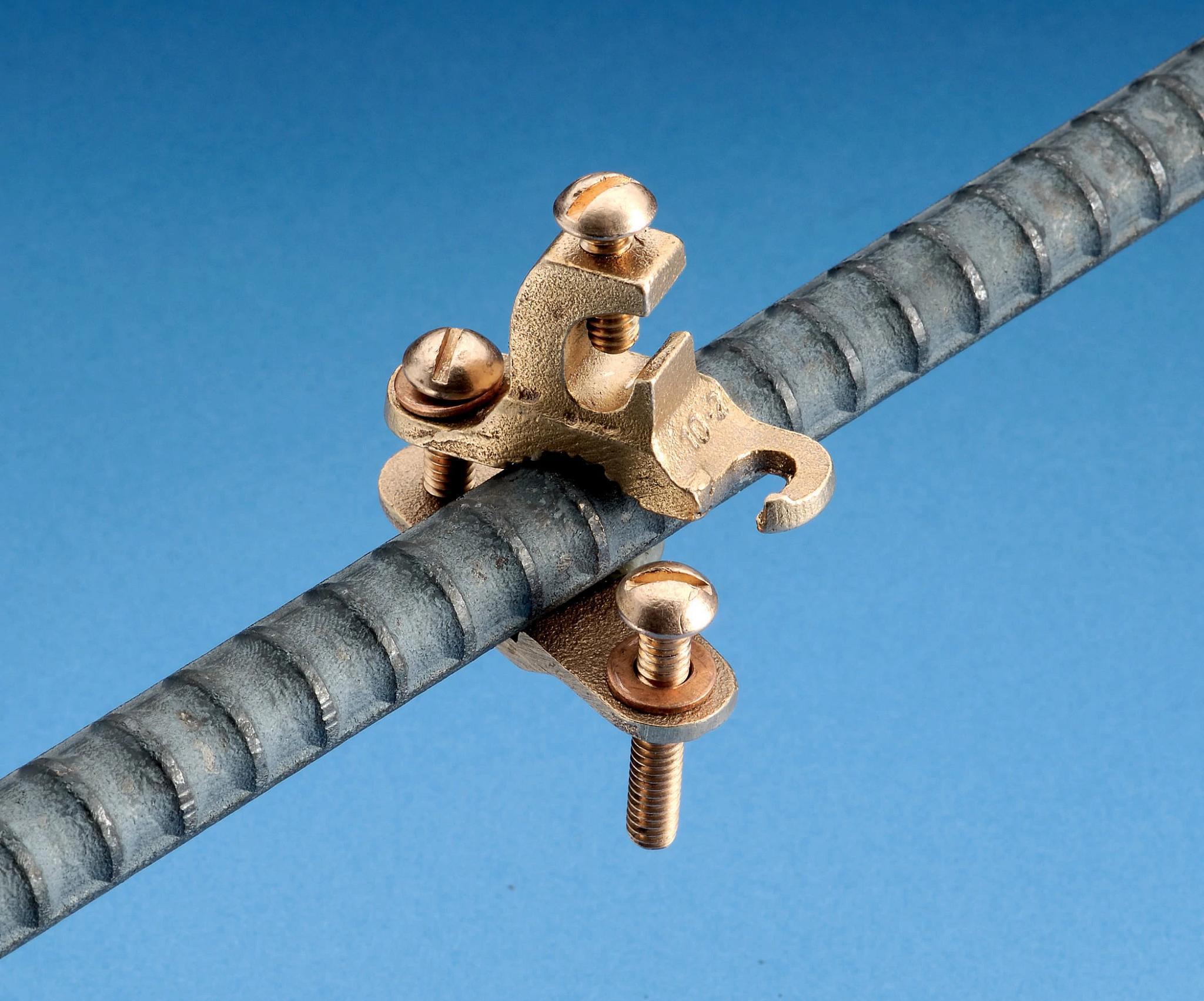Circuit breakers are vital components in any electrical system, designed to protect your home or business from electrical hazards. However, like any device, they can wear out over time. Knowing when to replace a circuit breaker is important for maintaining electrical safety and efficiency.
This blog explores eight warning signs to look out for, how to tell if a circuit breaker is bad, and answers the common question: How long do circuit breakers last?
Frequent Tripping
If your circuit breaker trips often, it could indicate that it is nearing the end of its lifespan. While occasional tripping can occur due to overloads or short circuits, consistent tripping is a red flag. This may mean the breaker is unable to handle the electrical load or has internal damage that needs attention.
Understanding how to tell if a circuit breaker is bad involves checking whether the issue persists even after redistributing the electrical load. If it does, replacing the breaker may be the safest option. Frequent tripping not only disrupts daily activities but can also signal potential electrical hazards.
Burning Smell Near the Panel
A burning smell emanating from your electrical panel is a serious warning sign. This odor often indicates overheating or an electrical arc within the breaker. Overheated breakers can melt internal components, rendering them ineffective and increasing the risk of fire.
If you detect this smell, turn off the power immediately and consult a licensed electrician. Ignoring this issue can lead to significant damage to your electrical system. Replacing the faulty circuit breaker promptly can prevent costly repairs and ensure safety.
Physical Damage to the Breaker
Visible damage to the circuit breaker, such as scorch marks, cracks, or melted components, is a clear indicator that it needs replacement. Physical damage can result from overheating, electrical surges, or manufacturing defects. A damaged breaker can no longer provide adequate protection, putting your entire electrical system at risk.
Regular inspections of your electrical panel can help you identify physical damage early. If you notice any irregularities, it’s best to replace the breaker without delay. Damaged breakers not only compromise safety but may also lead to increased energy consumption.
Breaker Feels Hot to the Touch
Circuit breakers are designed to handle a certain amount of heat, but they should never feel excessively hot to the touch. A hot breaker could indicate an overloaded circuit or internal malfunction. Persistent heat can weaken the breaker’s components, reducing its efficiency and reliability.
To determine how long circuit breakers last, consider their exposure to high temperatures over time. Breakers operating under extreme conditions may have shorter lifespans. Replacing a hot circuit breaker is essential to maintain the safety and longevity of your electrical system.
Breaker Won’t Stay Reset
When a circuit breaker trips and refuses to reset, it’s a clear sign that something is wrong with your electrical system or the breaker itself. This issue could stem from internal wiring problems, such as a short circuit or ground fault, which prevent the breaker from maintaining its position. Alternatively, the breaker might have worn-out components that can no longer effectively handle electrical loads, rendering it incapable of performing its protective function.
It’s essential to rule out external factors before deciding to replace the breaker. For example, unplug any connected devices or appliances on the circuit and inspect for signs of overload or faults in the wiring. If the breaker still won’t stay reset after these checks, it likely has internal damage or wear that requires immediate attention.
Before replacing the breaker, ensure there are no external issues causing the problem. If everything checks out and the breaker still fails to reset, it’s time for a replacement. Faulty breakers that refuse to reset can leave your electrical system vulnerable to damage.
Old Age
One of the most common questions homeowners and business owners ask is, how long do circuit breakers last? Typically, circuit breakers are designed to function reliably for 20 to 30 years. However, their lifespan can be influenced by factors such as the frequency of use, exposure to environmental conditions like humidity or extreme temperatures, and the overall electrical load they manage.
Over time, these factors can cause wear and tear, reducing the breaker’s sensitivity and efficiency in detecting faults or overloads. Older breakers often exhibit signs of aging, such as delayed tripping or an inability to trip at all, which compromises the safety of your electrical system. These issues may not always be immediately noticeable, making it essential to perform regular inspections of your electrical panel.
If your home or business still operates with the original breakers installed decades ago, it’s wise to consider a proactive replacement. Upgrading to newer, more efficient breakers ensures continued protection and performance.
Dimming or Flickering Lights
Flickering or dimming lights can suggest a faulty circuit breaker struggling to regulate power distribution. While this issue may sometimes be caused by loose wiring, an aging or malfunctioning breaker is often the culprit. Replacing the breaker ensures a stable flow of electricity and prevents further disruptions.
Ignoring flickering or dimming lights can lead to voltage fluctuations, which might damage sensitive appliances or electronics. If the problem persists even after inspecting your wiring, it’s time to replace the breaker. Addressing this issue promptly helps maintain a reliable and efficient electrical system.
Unusual Noises from the Breaker Panel
Hearing buzzing, crackling, or popping sounds from your breaker panel is a strong warning sign. These noises often result from internal faults, such as arcing or a loose connection within the breaker. Left unaddressed, this can escalate into severe electrical hazards, including fire risks.
Turn off the power and consult a licensed electrician immediately if you hear unusual sounds. Replacing the faulty breaker can resolve the issue and restore safety to your system. Regular maintenance and inspections can help identify such problems before they worsen.
Replace Your Circuit Breakers with Confidence
Circuit breakers are essential for protecting your home or business from electrical issues, but they require timely maintenance and replacement. Whether it’s frequent tripping, physical damage, or old age, recognizing the warning signs early can make all the difference.
For reliable and high-quality circuit breakers or electric supplies, shop at Sonic Electric today and get efficient and high-performance products for your electrical system.






Share:
What Is Liquid Tight Conduit? Applications And Uses
Choosing The Right Circuit Breaker Size For Your Home's Electrical Needs